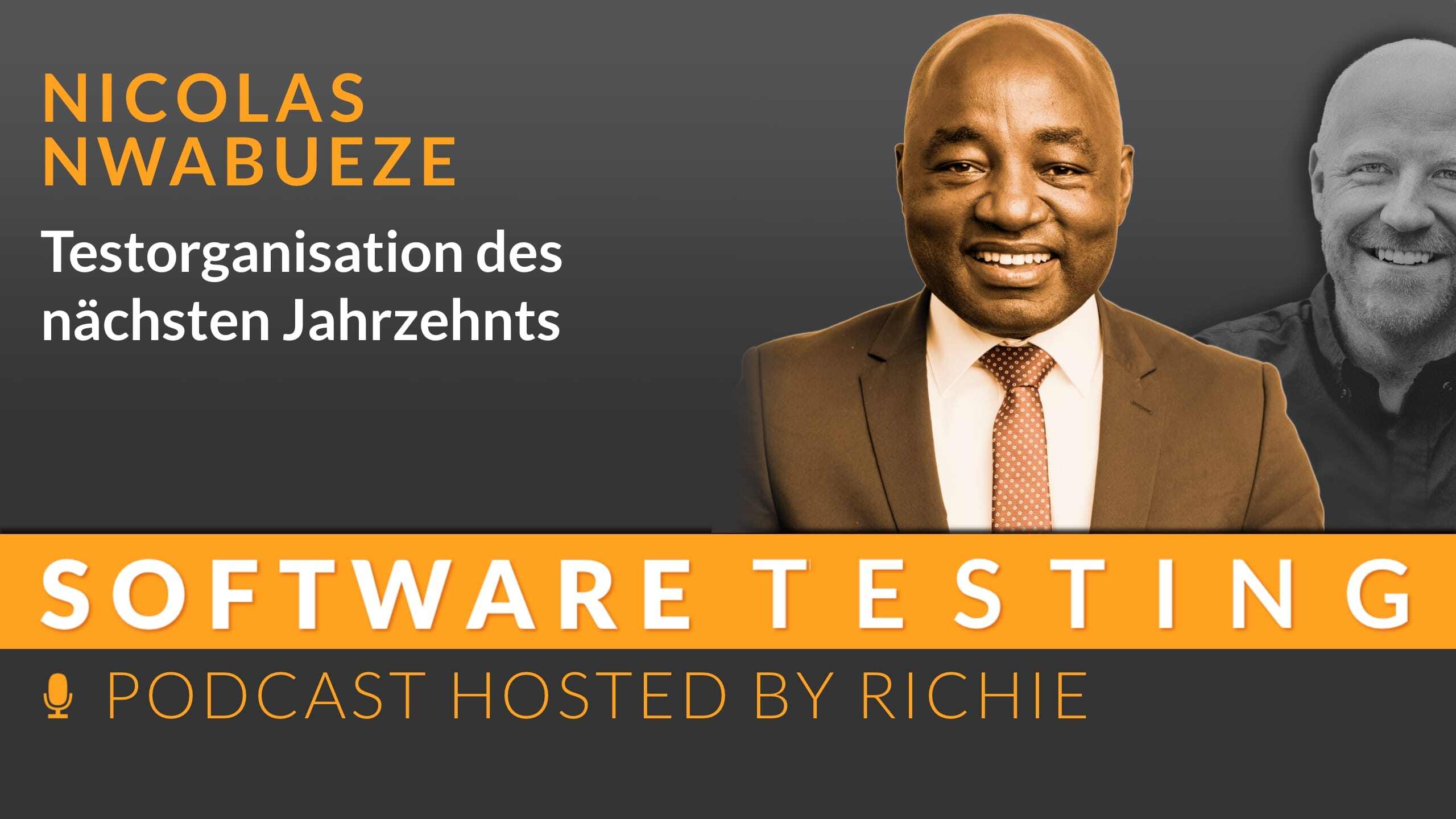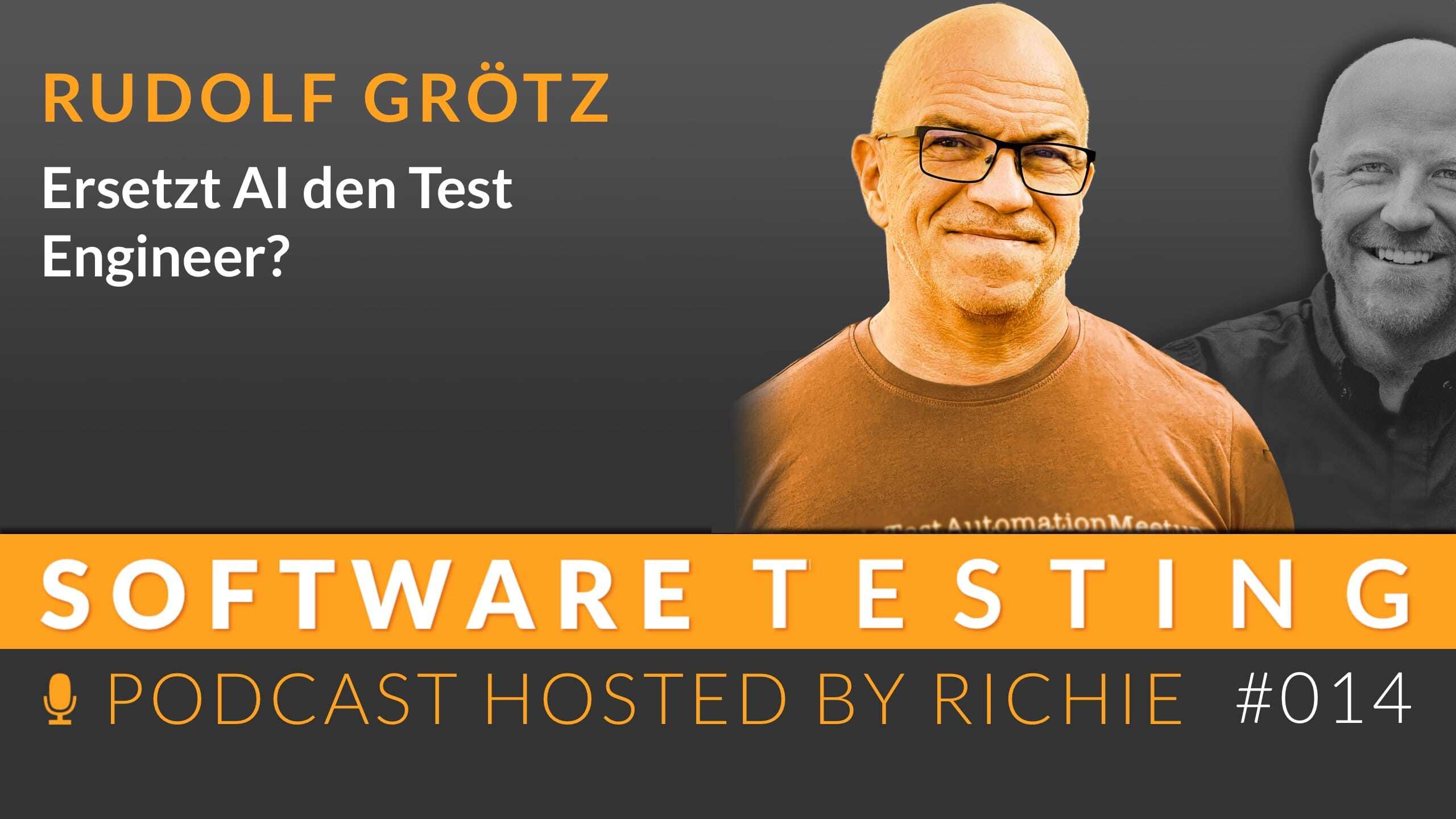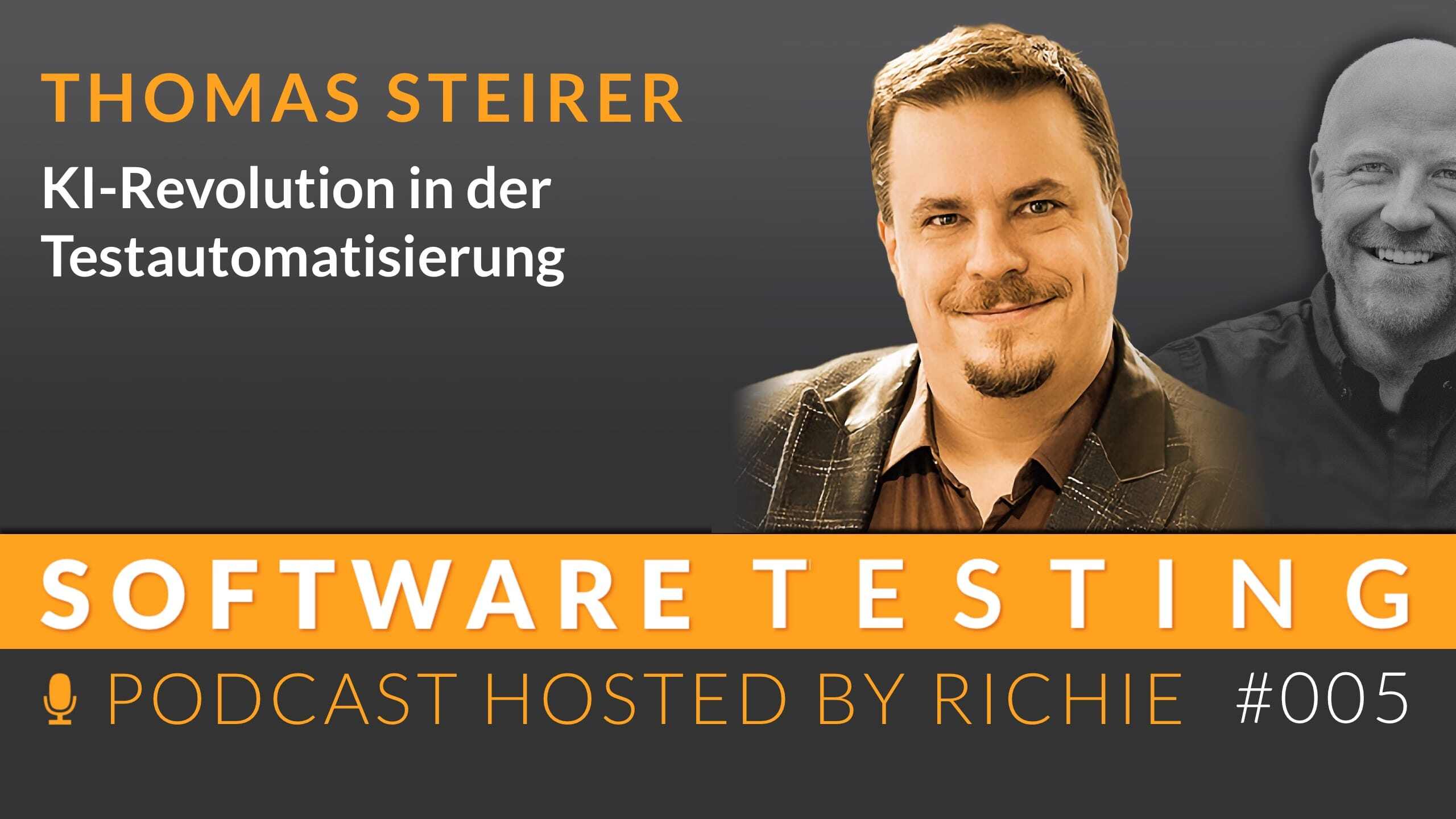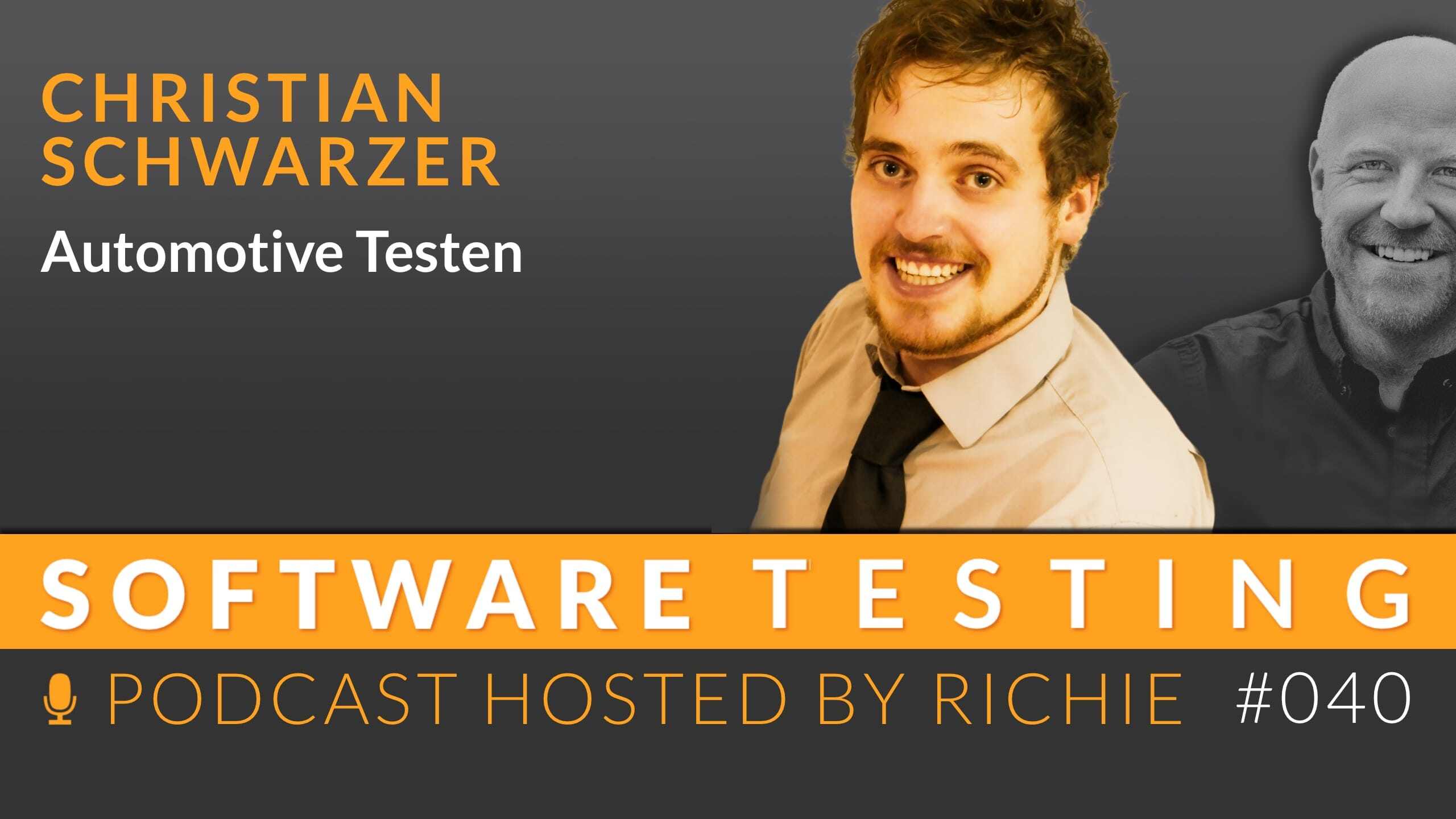Will AI replace the test engineer?
Rudi is an accomplished Agile and testing expert and takes us on his remarkable journey from carpenter to tester. He also talks about the skills and...

What will the test organization of the future look like? What role will humans still have when systems like ChatGPT not only create test concepts and requirements at lightning speed, but also carry out the tests straight away? We are still a long way from being able to blindly trust AI - if we ever do. AI can take a huge amount of work off our hands, but humans still have to a) initiate and b) control and check it. Our role profile will become more diverse, the skills more varied. Project structures will change and employees will need to be highly adaptable. Nicolas sheds light on all of these things and tells us what new company model he has come up with - which, incidentally, triggered controversial discussions in his presentation 😉
“70 percent of people are now using ChatGPT, but if you ask specifically: So, who is currently using it? - then it was only 5 to 10 percent” - Nicolas Nwabueze
Nicolas Nwabueze is a Senior Management Consultant at Cassini Consulting AG. After studying computer science at the Technical University of Dortmund, he worked as a software developer for several years. He then switched to consulting, where he has held various project roles in the areas of test and quality management for more than 15 years. In addition to organizational development, his particular expertise lies in agile transformation, where he supports teams in implementing and establishing agile values and principles in test organizations.
Highlights of this Episode:
I talk to Nicolas Nwabueze about how the test organization and the role of the tester will change in the coming years. We look at the impact of technologies such as AI and cloud computing on the testing process and discuss new skills models and working structures for testers.
Today I’m talking to Nicolas Nwabueze about the exciting topic of the ‘test organization of the next decade’. What can we expect in the coming years? How will roles, technologies and our skills in software testing evolve?
Nicolas shares his insights on the current wave of excitement around AI in testing - specifically ChatGPT. How will this technology change the way we work? Nicolas asks questions that many of us are asking: Will we be replaced by AI? Will we become unemployed? Using examples from his experience, he shows how AI tools such as ChatGPT could affect our daily tasks as testers. But instead of unemployment, he predicts a shift in skillsets and tasks.
A fascinating development in the world of work is the evolution of skillsets. Nicolas explains how we are migrating from I-shaped (specialists in one area) to T-shaped (experts in one area with basic knowledge in related areas) to V-shaped skills (experts with deeper knowledge in related areas). This development indicates that adaptability and diverse skills will become even more important in the future.
In addition to AI, cloud computing also plays a crucial role in the transformation of testing organizations. Nicolas cites a report by KPMG, which states that there has been an exponential increase in companies using cloud services. This technology not only enables remote working and collaboration across borders, but also promotes more sustainable IT through lower energy consumption and CO2 emissions.
Nicolas shares a particularly exciting vision regarding the structure of future test organizations: moving away from traditional hierarchies towards a cell model without fixed roles. In this model, experts form temporary teams depending on project requirements - an idea that is already being tested by some avant-garde companies.
Despite all the technological advances, Nicolas continues to emphasize the importance of exploratory testing. While many aspects of the testing process can be automated, human intuition and critical thinking remain essential for uncovering subtle errors and flaws.

Rudi is an accomplished Agile and testing expert and takes us on his remarkable journey from carpenter to tester. He also talks about the skills and...

The podcast episode is about test automation and the use of machine learning to find errors faster and integrate tools. Unsupervised learning and...

There is an incredible amount of software in a car and it has to be tested. As this is a highly regulated environment, the work of a tester is...